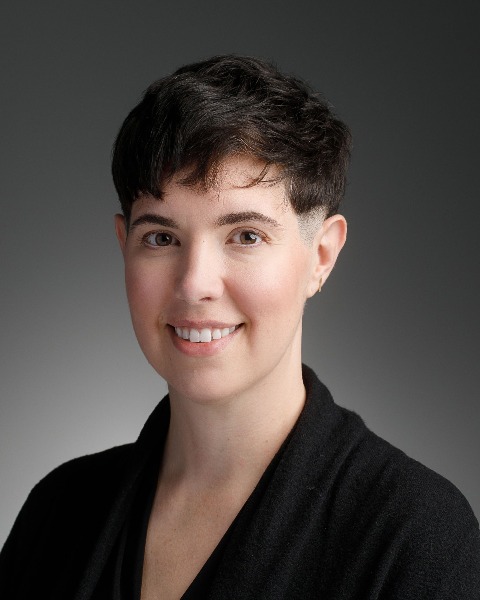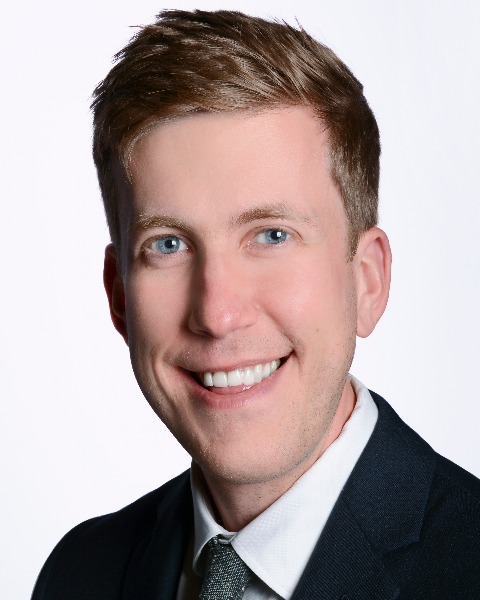Exploring the Complexity of Homelessness in Emergency Medicine: Dissecting Myths, Evidence, and Solutions (Social EM and Population Health Interest Group Sponsored)
Since 2017, homelessness in the US has risen by 6%, with a simultaneous increase in unsheltered homelessness rates and a record high count of chronically homeless individuals in 2022. The Emergency Department (ED) serves as the healthcare system's safety net for the growing population of patients experiencing homelessness (PEH). PEH exhibit higher ED visit frequencies, elevated rates of substance use disorder and mental illness, and increased morbidity from treatable diseases compared to housed patients. This population faces substantial stigma, contributing to health disparities and elevated mortality rates. Emergency Medicine providers can profoundly impact the lives and health outcomes of PEH. Our interactions with this group present vital opportunities for assessment, intervention, and care linkage, shaping their perception of the healthcare system. The challenge of meeting these patients' complex needs can lead to moral distress when physicians cannot align care with their ethical values. Grounded in an evidence-based framework, this didactic session aims to address common biases and misconceptions, introduce the concept of structural violence and the policies underpinning homelessness, explore the burden of disease and healthcare utilization patterns among this population, and examine potential solutions at both systemic and individual levels. The session will discuss the evolving demographics of homelessness in America. We will explore chronic disease prevalences among PEH, alongside the health implications of homelessness itself. We will further characterize patterns of acute care utilization, hospitalization rates, associated costs, and mortality trends. Finally, the session covers evidence-backed interventions, including housing-first models, trauma-informed and harm reductionist approaches, encampment and street outreach strategies, and clinical practice adjustments to enhance health outcomes. This session offers an up-to-date and evidence-based overview of homelessness in the context of Emergency Medicine. Participants will acquire knowledge and practical insights, equipping them to contribute to a more compassionate, equitable, and effective healthcare landscape for individuals experiencing homelessness.
Presenters:
- Caitlin Ryus, MD, MPH
- Christine M. Shaw, MD, DTMH
- Kian Preston-Suni, MD, MPH
- Hannah Janeway, MD, MSPH




